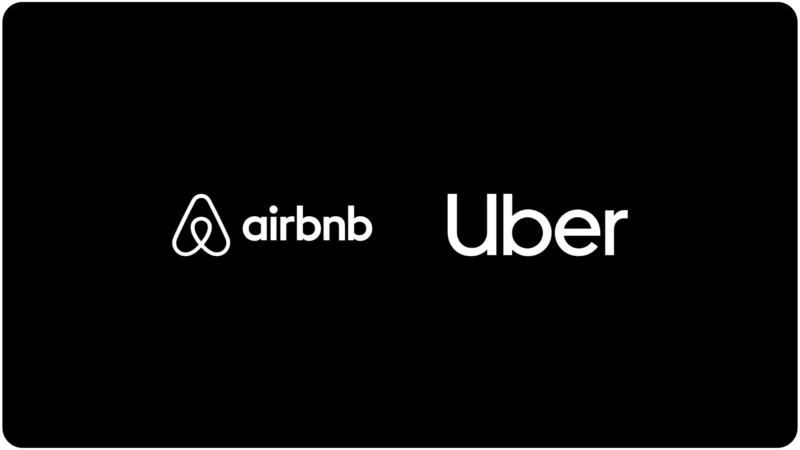
If you are the type of person who cares about helping others to achieve their own life goals, a coaching startup might be the right kind of business for you. You can do both, help people and make money out of it. However, let me stop you here for a moment. Not everyone with the skill to help others achieve their goals can turn that into a successful business. Only with the right tools and guidelines can a coach become an entrepreneur. This post is dedicated to all coaches out there aspiring to build a business for their own services. Today, I will walk you through essential guidelines to know how to start a coaching business. Also, you will have access to a well-organized and comprehensive investor deck to plan your pitch correctly.
Get ready, get excited.
Download Your Coaching Business Pitch Deck Template [ in Google Slides]
If this is your first time coming across Albusi’s professional services, let me tell you about the Real-Content Template (RCT) invention we provide to entrepreneurs. RCTs are real-life examples (not just templates) that provide you with the main essential sections for your pitch deck or business plan. There are many downloadable examples available on the website. 2Home is our related RCT to use in your coaching business.
You can download (and edit) the template through the Albusi website or here:
Side note: The Albusi team develops templates based on fictional companies. They are only meant to provide you with more realistic content rather than the “lorem ipsum” versions spread on the internet.
Now that you have the template, let’s dive into the essential steps you should follow to get your coaching business started on solid ground.
How To Start A Coaching Business
Just an essential disclaimer before I set off and tell you about how I think you should start your business: all the guidelines and how-tos I tackle here are based on practical experiences managing projects and interacting with business owners from different fields. These serve as a guide in addition to the local policies and regulations related to your country and governing bodies.
So, how have I seen people start a successful coaching business?
1. Start With Earning A Strong Professional License
As I told you, not everyone who loves supporting others can actually become a coach or lead a coaching business. You need to be qualified to help others, and this is a fact that many others miss out on. Start by looking for professional and well-reputed coaching licenses to get you the education you need before you tell people what they should do with their lives. Getting certified and accredited will also be a key element in attracting clients and establishing your credibility. Check out scholarship possibilities to find affordable options, too.
2. Learn About Your Target and Their Perceptions
Start studying who you should target in your coaching services and their beliefs about coaching. Do you know some cultures perceive coaching, counseling, and therapy as a sign of weakness? It’s important to learn more about your target to be able to approach them through the right strategies.
You also learn about your target to provide the relevant coaching services they require more in their lives (life, wellness, career, or relationships).
3. Start With Your Small Circles
If people are planning to head to someone to ask for advice on what is going on with their lives, they would prefer to know that someone through friends and family. It’s important in any people-driven field to depend on word of mouth, and your closest and most trusted circles refer you to others. Offer free coaching sessions to your people and close communities and encourage them to spread the word about how your coaching affected their lives. You could also offer group coaching, which can be an affordable option for many, and it can also be a great way to build community.
4. Become Part Of A Coaching Community
Get together and network with other coaching enthusiasts and related people in the coaching industry. This helps market your business, increase your customer base, and put you on the outlook for opportunities that can come up.
You can also consider speaking at local events and conferences to share your coaching knowledge and expertise with others. This is a great way to establish yourself among others in the same industry, too.
5. The Customer Is Always Right
Your clients are your top priority, and putting them first is of utmost importance for the success of your business. Go the extra mile to provide them with the best possible coaching experience and make sure that all their concerns are met. When you make them happy, they will refer you to more clients.
6. Never Stop Learning
You must keep up with the latest coaching trends and techniques to sustain your business and continue supporting your community with your expertise. Stay updated with what’s out there to stay on top of the game.
Wrapping Up – How To Start A Coaching Business Summary
To sum up, you now have some guidelines to help you kick your coaching startup business. Also, you have a great template to pitch your idea to investors and launch a supportive and impactful coaching business for your community.
I just need you to remember to start with getting certified, choosing your target, starting with close friends and family, and becoming part of a coaching community. And, of course, remember always to network to keep your business enthusiastic and continue learning about the latest coaching trends and techniques.
And, of course, if you’re out of time and want a consultant to help you plan and complete this, you can always contact one of our freelancers. They can also help you draft a complete business plan for your coaching business.
I highly recommend it.
Meet The Author Of This Article

I’m Jenny Ayman, a project manager in the development field with specific knowledge and experience in capacity building and entrepreneurship programs. I aspire to transfer the hands-on experience I gain in my professional career through writing.
Also, if you need help planning your business, I recommend checking out some of our freelancer’s business plans or pitch decks!





